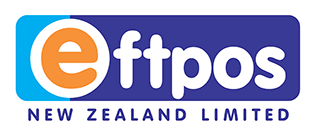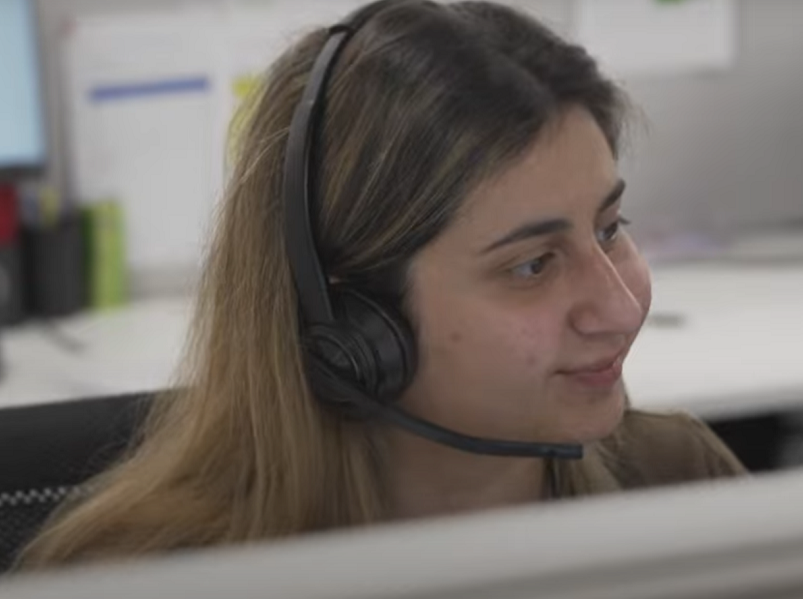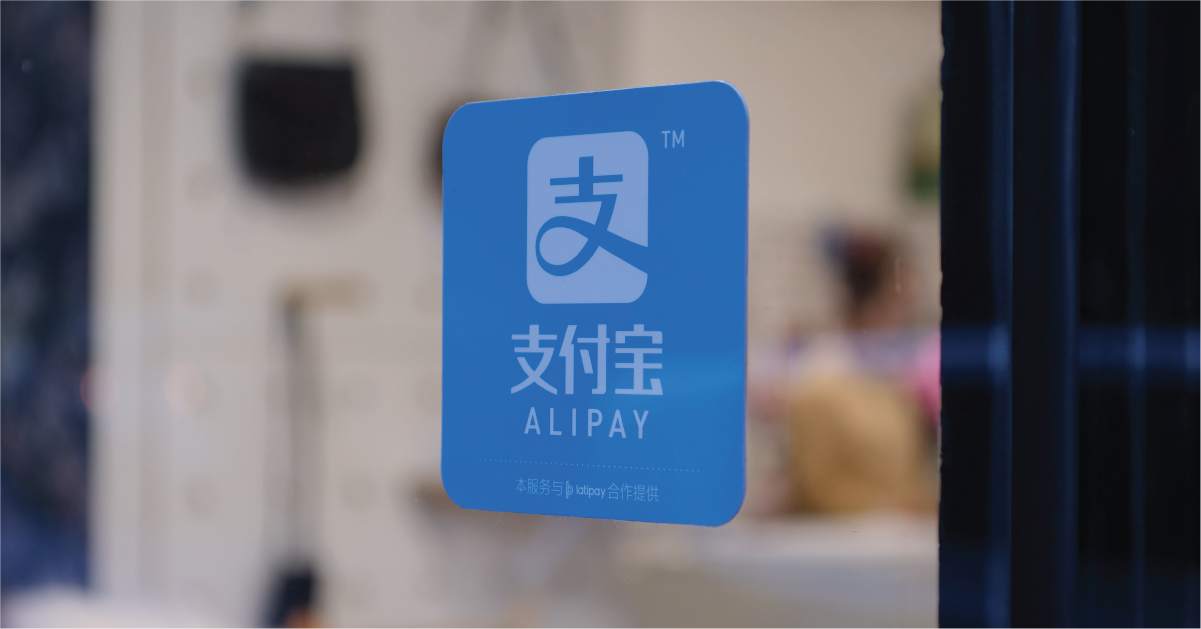
Ready to set-up a brand new EFTPOS facility? Exciting times! But with so many moving parts, it can feel overwhelming. We’re here to simplify things. This guide walks you through exactly how to get EFTPOS up and running in your business.
At a minimum, you’ll need three things to accept card payments in person: a merchant facility, a payment network connection, and an EFTPOS terminal. Here’s how to set everything up:
1. Set Up a Merchant Facility
A merchant facility is provided by an 'acquirer'—a financial institution that processes card payments for your business. Your acquirer collects funds from cardholders and deposits them into your merchant account (usually overnight). To link your merchant facility to your EFTPOS terminal, you’ll receive a Merchant Number (or Merchant ID) from your acquirer.
Steps to set up a merchant facility:
-
Contact your preferred bank (ANZ, ASB, BNZ, Kiwibank, or Westpac) and apply for a merchant facility
-
Complete the required paperwork and provide any business verification documents
-
Once approved, your bank will issue you a Merchant Number
2. Choose a Payment Network Provider
Your EFTPOS terminal needs a payment network to transfer funds between your customer’s bank and yours. In New Zealand, there are two payment networks: the Verifone network and the Worldline network.
How to set up your payment network:
-
If you choose us as your EFTPOS provider, we’ll take care of the payment network setup with the Verifone network—one contract, one invoice, and one support number.
-
If you go with a different EFTPOS provider and use the Worldline network instead, you’ll need to contact Worldline separately.
3. Get an EFTPOS Terminal
If you’re accepting in-person card payments, you’ll need to lease or buy an EFTPOS terminal. With over 100 providers in New Zealand, finding the right one can take some research.
Steps to get your EFTPOS terminal:
-
Get quotes from EFTPOS providers—pricing varies between providers, and is influenced by terminal model, contract length, and additional services required, for example a SIM card.
-
Choose a provider that offers strong support and reliability. Look for 24/7 technical support and proactive compliance upgrade policies.
-
Finalise your agreement, but keep in mind: Your terminal cannot be shipped or installed until you have a Merchant Number to programme into the device.
-
Once your Merchant Number is ready, your provider will ship or install your terminal, ready to accept payments.
4. Bonus: Consider a POS System
A point-of-sale (POS) system isn’t required, but it can make running your business easier. Depending on the system you choose, you can:
-
Track inventory
-
Set up customer loyalty programmes
-
Generate reports
-
Integrate directly with your EFTPOS terminal for faster payments and smoother reconciliation
Learn more about choosing the right POS system here.
Need Help? We've Got You Covered
Feeling overwhelmed? You don’t have to go it alone. You can shop around and set up your merchant facility, network, and EFTPOS terminal separately—or you can make one call to us and we'll guide you through the whole process.
Our team of EFTPOS experts will send a referral to your bank for a merchant facility, and set up your EFTPOS terminal and payment network. We can even help you find a POS system that fits your needs. Let’s get you set up with the right payment solution—quickly and seamlessly. Contact our team today!




.jpg)
Comments